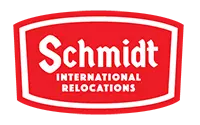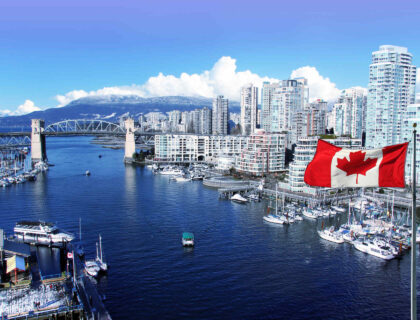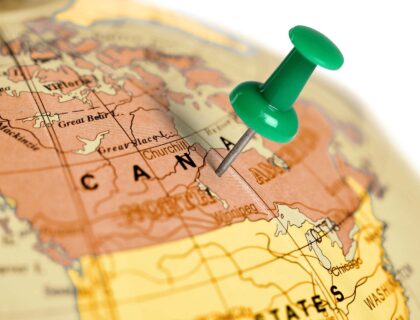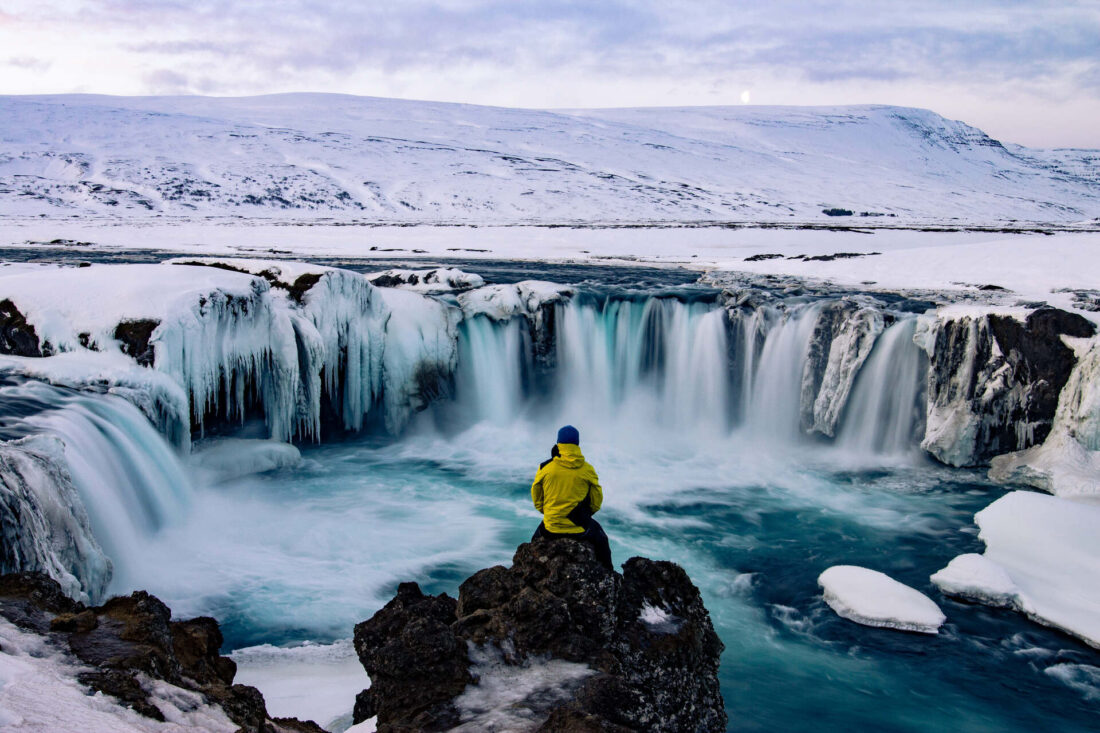

Moving to Iceland offers an adventure like no other, where the Arctic charm meets unparalleled natural beauty. This guide provides you with all you need to know about living in Iceland as an expat. From the majestic Northern Lights to the warm community spirit, discover how to navigate your new life in this stunning country with ease and excitement.
What are the most important steps for moving to Iceland? Initially, one must research and learn the visa and residency requirements applicable to their situation. Securing employment or proving financial stability is crucial, as it forms the basis for obtaining a residence permit. Finding suitable accommodation is another vital step, considering the high cost of living and the competitive housing market. Enrolling in an Icelandic language course can greatly aid in integrating into the local community and culture. Finally, preparing for the move by hiring a moving company can ensure that the logistical aspects of relocating are properly managed.
Is Moving to Iceland for You – Here Are Some Facts About the Country
Deciding if moving to Iceland from the USA is the right choice involves understanding both the unique character of the country and the practical aspects of making such a move efficiently.
Iceland, a nation known for its stunning landscapes, from glaciers and geysers to volcanic fields and the ethereal Northern Lights, offers more than just breathtaking scenery.
The benefits of relocating to Iceland include a high quality of life, a robust healthcare system, and a strong sense of community among its inhabitants.
It has a modest population size of approximately 376,000 people, with around two-thirds residing in the Greater Reykjavik area. The currency used here is the Icelandic króna (ISK). As of the latest exchange rates, one US dollar is equivalent to approximately 130 Icelandic krónur.
Moreover, the country’s commitment to sustainability and environmental preservation makes it an appealing destination for those looking to live in harmony with nature.
Important Documents Needed for Relocation
When planning your move to Iceland, it’s crucial to gather the necessary documents in advance to avoid relocation mistakes. Adhering to Iceland’s immigration laws is the first step in ensuring a smooth transition. Here is a list of essential documents you will likely need:
- Passport valid for at least six months beyond the planned stay.
- Detailed inventory of personal belongings (for customs).
- Visa or residence permit, depending on your nationality and length of stay.
- Proof of financial means to support yourself during your stay.
- Health insurance coverage valid in Iceland.
- Criminal record check from your home country.
- Marriage certificate and/or birth certificates for family members, if applicable.
- An employment contract or job offer from an Icelandic employer (for work visas).
- University admission letter (for student visas).
Before packing bags, make sure to double-check Iceland’s immigration laws for any updates or additional requirements specific to your situation.
Get Permanent Residency or Citizenship
Relocating to another country often involves navigating through various legal processes to secure residency or citizenship. In Iceland, obtaining a permanent residence permit is the first significant step for expats. This requires living in Iceland on a regular residence permit for at least four years.
For those aiming to deepen their roots in Icelandic soil by acquiring citizenship, the path involves a domicile in Iceland for seven years. For Americans looking to obtain citizenship, the journey requires thoughtful preparation.
While the pathways mirror those available to other non-EEA/EPTA nationals, Americans specifically can benefit from pursuing education or leveraging in-demand skills to secure a work permit as initial steps toward residency. Marrying an Icelander also remains a viable route.
Once residing in Iceland, Americans must navigate the standard process toward permanent residency and, eventually, citizenship. This includes adhering to the residency requirements, proving financial stability, and demonstrating social integration.

Choose to Live in Some of the Best Icelandic Cities
Moving to a new city can be a life-changing decision, especially when considering the diverse and picturesque cities. Each city presents its own unique reasons to relocate here. Choose either Reykjavik, the capital city known for its lively atmosphere and colorful architecture, or Akureyri, where outdoor enthusiasts can indulge in skiing and fishing.
Hafnarfjörður offers a rich blend of festivals and rock ‘n’ roll culture, making it an eventful place for residents. Seyðisfjörður appeals to those seeking inspiration in its vibrant art scene and close ties with nature, while Kópavogur stands out for its rapid development and landscape. These cities not only showcase Iceland’s natural beauty but also offer a quality of life that is hard to find elsewhere.
Prepare Your Finances for Iceland’s Cost of Living
Preparing finances in anticipation of Iceland’s cost of living is crucial for a smooth transition. The country stands as the eighth most expensive globally, with living expenses 15.8% higher than in the US, according to Numbeo. Specifically, the cost of living in Reykjavik, the capital, can be quite high, with the average rental price for a one-bedroom apartment reaching about 150,000 ISK per month.
With the average monthly salary of around 690,000 ISK, it’s evident that a significant portion of income may go towards housing. Considering the tax rates — ranging from 31.45% for incomes below 409,986 ISK per month to higher brackets for larger incomes — financial planning becomes even more critical. Tips for balancing finances include thorough budgeting, exploring various neighborhoods for better rental rates, and considering shared housing to reduce costs.

Research More About Their Healthcare System
Those living overseas or planning on moving internationally need to know more about navigating the Icelandic healthcare system. This country offers universal healthcare to individuals who have resided in the country for more than six months, granting them access to a range of medical treatments equivalent to those available to Icelandic natives.
This includes services from mental health treatment and maternity care to long-term care and addresses most other medical necessities. For newcomers who haven’t yet met the six-month residency requirement, it’s essential to secure a private health insurance plan. The need for private insurance underscores the importance of being prepared for any healthcare expenses that may arise, given that all healthcare costs must be fully covered.
Apply for the Job Openings
When considering a move for a job, seek employment opportunities in Iceland strategically. The major industries include:
- Fish processing,
- Aluminum smelting,
- Geothermal power,
- Hydropower.
Reykjavik stands as the hub for most economic, cultural, and educational pursuits. Those contemplating moving abroad without a job in hand might benefit from the Directorate of Labour’s advice to send speculative applications to companies of interest.
Building a professional network through platforms like LinkedIn can also unveil potential opportunities. It’s essential for applicants to prepare concise yet comprehensive applications, including CVs and cover letters, tailored to the specific demands of Icelandic employers.

Immerse Yourself In the Icelandic Culture
Immersing yourself in Icelandic culture is a transformative experience, particularly for those who move to a new home in this Nordic land. Beyond the initial adjustments required to live on your own in a different country, embracing the local heritage offers a deeper connection to the surroundings.
Iceland’s proud Viking roots are reflected in its language, closely linked to Old Norse, and its rich tapestry of food, literature, and the arts. The capital, Reykjavik, is a cultural epicenter, boasting galleries, bookstores, theaters, and a distinct music scene that merges pop with folk.
Moreover, sustainable living practices in Iceland are integral to the national ethos, with a strong emphasis on respecting and preserving the natural environment. Engaging with these aspects of Icelandic life enriches the experience of settling.
Important Customs to Remember
From the deep-rooted reverence for nature that shapes local lifestyles to the communal enjoyment of the hot springs, grasping and accepting these practices is essential. The tradition of storytelling, a vestige of the Viking age, remains alive in the form of sagas and folklore, highlighting the importance of literature in Icelandic society.
Additionally, the hospitality and warmth of the people, despite a facade of reserve, become apparent in their willingness to welcome and share their culture with others. Holidays and festivals, often grounded in ancient traditions, offer a window into the Icelandic spirit, celebrating everything from the summer solstice to the magic of Christmas.
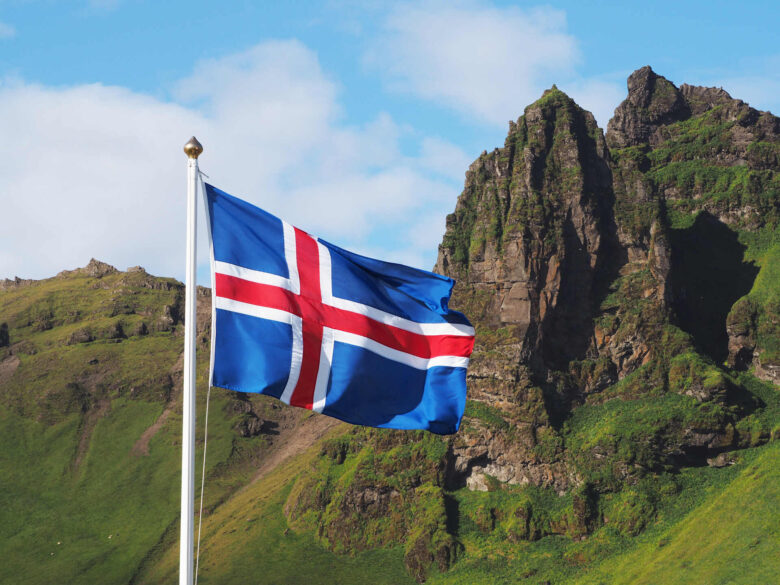
Learn the Language and Converse With Locals
Learning the Icelandic language is a pivotal step in fully immersing oneself in the country’s culture and daily life. Icelandic, with its roots in Old Norse, presents a fascinating linguistic journey for newcomers. It’s a language that has remained relatively unchanged for centuries, allowing modern Icelanders to read ancient texts with ease.
Icelandic language learning resources are plentiful, ranging from online courses and apps to textbooks and language meetups, providing learners with tools to break the language barrier. Engaging with locals in their native tongue facilitates smoother integration into the community. However, until you learn the language meet up with expatriate communities in Iceland.
Hire Reputable Movers When Moving Overseas
Hiring reputable movers is a critical aspect of the relocation process, especially for those embarking on an international move. As an American moving to Iceland, selecting the right moving company like Schmidt International Relocations can significantly ease the transition.
When choosing an international moving company, it’s important to research and compare different providers. Look for companies with extensive experience in overseas relocations, and check for positive reviews and testimonials from previous clients.
Verify that the movers are licensed and insured, providing protection against any potential damage or loss during the move. Requesting detailed quotes from several companies can help in comparing services and costs effectively. Lastly, clear communication about your moving needs and expectations.
The Best Option for This Kind of Relocation Is Schmidt International Relocations
It’s clear that the best option for such a significant transition is Schmidt International Relocations. Our company is uniquely capable of facilitating this kind of service, providing seamless experiences with our moving-by-sea services. We understand the complexities involved in international relocations and have tailored our offerings to include both full and partial packing services.
With a dedicated team of experts, we’re committed to delivering a smooth and stress-free move, allowing you to focus on settling into your new life in Iceland. For a personalized moving plan that meets all your needs, contact us at Schmidt International Relocations, and let us make a journey as seamless as possible.
Frequently Asked Questions
Do I Need a Visa to Move to Iceland?
Depending on your nationality and the duration of your stay, you might need a visa or residence permit. Citizens of the EU/EEA do not require a visa for stays up to three months but must register if planning to stay longer. Non-EU/EEA citizens should check the specific visa and work permit requirements based on their intended length of stay and purpose (work, study, etc).
What Is the Cost of Living in Iceland?
This country is known for its high cost of living, especially in comparison to other countries. Expenses such as housing, food, and transportation can be significantly higher than in many other parts of the world. Planning and budgeting are crucial, and it helps to familiarize yourself with the average costs of living in different Icelandic cities.
How Can I Find Accommodation in Iceland?
Finding accommodation can be challenging, especially in Reykjavik, where demand is high. Websites, local real estate agents, and social media groups are good resources. It’s advisable to start looking for a place to live well before relocating and be prepared for the rental market’s competitive nature.
Is It Necessary to Learn Icelandic to Live in Iceland?
While Icelandic is the official language, a large portion of the population speaks English fluently. Learning the language is not a necessity for everyday living, especially in larger cities and for short-term stays. However, understanding and speaking the local language can significantly enhance integration into the community and is highly recommended for those planning a long-term stay.
How Do I Access Healthcare Services in Iceland?
Healthcare here is of high quality and accessible to all residents. Upon registering as a resident and receiving a kennitala (Icelandic ID number), you become eligible for healthcare services under the Icelandic healthcare system.
EU/EEA citizens should also obtain a European Health Insurance Card (EHIC) for coverage during their stay. Non-EU/EEA citizens will need to check if their health insurance from their home country covers their stay or if they need to purchase a health insurance policy.
